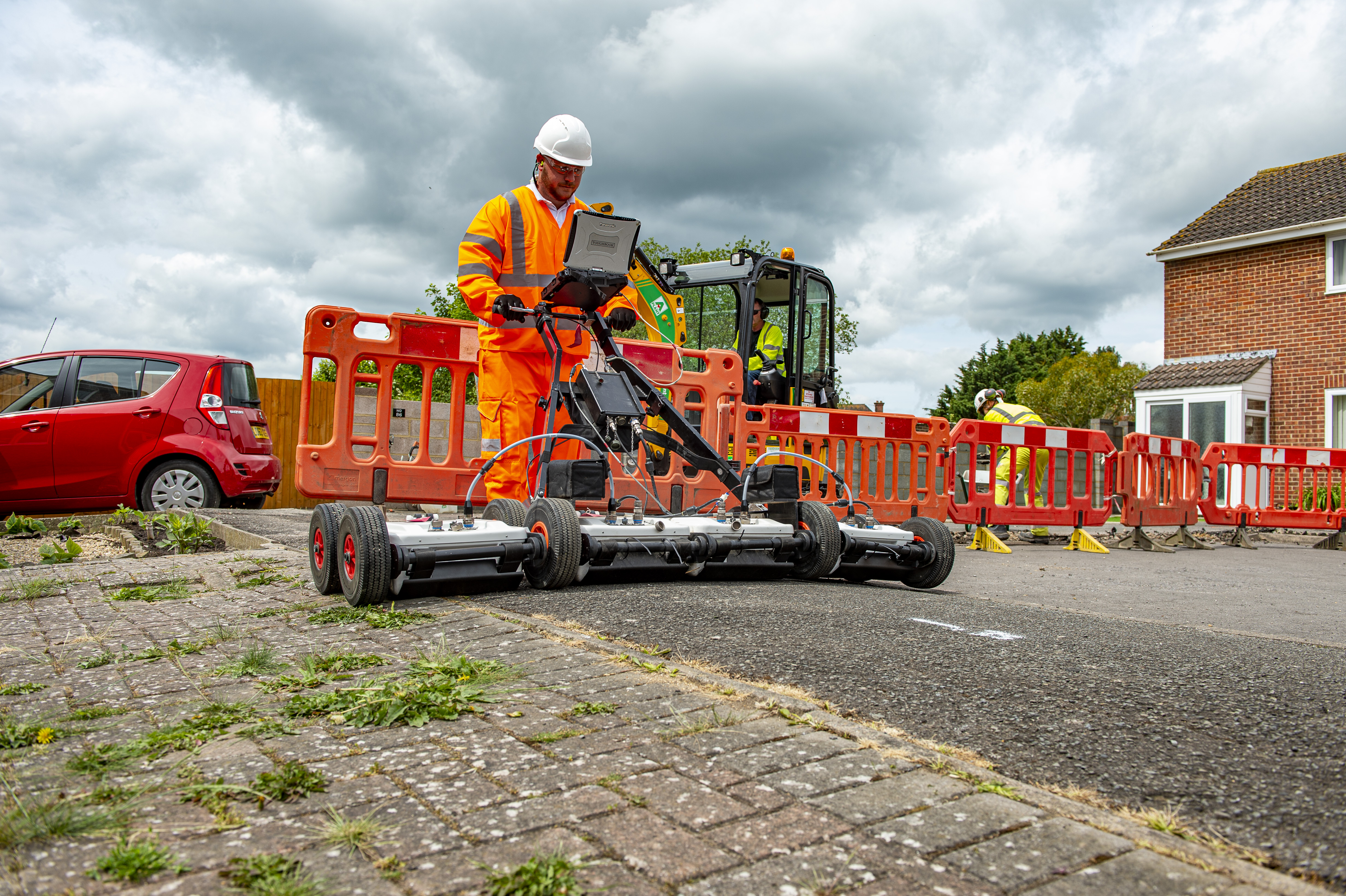Ofcom investigates BT over high USO broadband costs
Regulator concerned about price estimates

Ofcom has launched an investigation into whether BT is fulfilling its requirements as a designated Universal Service Obligation (USO) broadband provider.
Superfast broadband is currently available to 98% of the UK population thanks to commercial deployments and government assisted projects like BDUK. However, reaching the final 2% of the country has proved much more difficult.
The USO allows anyone in the UK to demand a 'decent' broadband connection of at least 10Mbps download and 1Mbps upload. The definition of 'decent' will be reviewed over time but if fibre is used, then the minimum requirements would be exceeded.
- Here's our list of the best small business routers around
- The ultimate guide to boosting Wi-Fi
- Check out our list of the best secure routers out there
BT broadband
BT is responsible for the delivery of the USO outside Hull, which is served by KCOM.
Once a request is received, BT has 30 days to see if an applicant is eligible, after which they must make the connection as soon as possible. BT will cover the costs up to a limit of £3,400, after which the applicant must pay the remainder or seek an alternative technology, such as satellite.
It is also possible for neighbours to club together to make joint applications in order to bring the cost down.
However there have been reports of applicants in the most remote parts of the country being quoted more than £500,000 for a connection. In areas with poor mobile phone coverage, there is a risk of these communities being cut off from the digital world at a time when connectivity has never been as important.
Sign up to the TechRadar Pro newsletter to get all the top news, opinion, features and guidance your business needs to succeed!
Ofcom’s investigation will seek to determine whether BT is providing accurate costs, especially in instances where multiple residents would benefit, and therefore bring the cost closer to the £3,400 threshold.
“While the cost of some connections will be high due to the remoteness of many of these premises, we are concerned that BT may not be complying with the regulatory conditions correctly where it assesses excess costs for a given connection,” said the regulator. “This could result in some customers’ quote for a connection being higher than necessary.”
BT rebuttal
BT has refuted the allegations, arguing that in some cases the cost of connection is simply just too expensive. It says it is working hard to support community broadband projects and wants a greater level of government support.
“We strongly disagree with Ofcom’s assessment of our delivery of the USO,” said a spokesperson. “We are disappointed that they have opened an investigation when we’re fully committed to working with both Ofcom and the Government to find better ways to connect the hardest to reach.
“We are obliged to send USO quotes to customers when they request them and appreciate that for the most remote properties some of these can be unaffordable. We’re working hard to enable communities to be able to share the costs of an USO connection to help drive down costs for individuals. We will launch this as soon as possible."
“For some communities, even if they share the costs, the price will remain out of reach. We can connect 400,000 properties without decent connectivity using 4G and for properties where this isn’t suitable, we’re already building connections to 4000 premises through the USO scheme. However, it does not overcome the challenges of connecting the most difficult places which represent 0.5% of the country. "
“We strongly believe this needs to change - alongside the existing USO programme, we need a new plan for the hardest to reach. This has to be a shared endeavour, across industry and with Government and Ofcom. We’d like to see a task force set up, with cross-party support and use our experience and expertise to find a new solution. Options could include alternative technologies, such as satellite (including exploration of the potential role of OneWeb) as well as clarity on the Government’s £5bn funding for rural full fibre.”
- Here are the best BT broadband deals
Steve McCaskill is TechRadar Pro's resident mobile industry expert, covering all aspects of the UK and global news, from operators to service providers and everything in between. He is a former editor of Silicon UK and journalist with over a decade's experience in the technology industry, writing about technology, in particular, telecoms, mobile and sports tech, sports, video games and media.